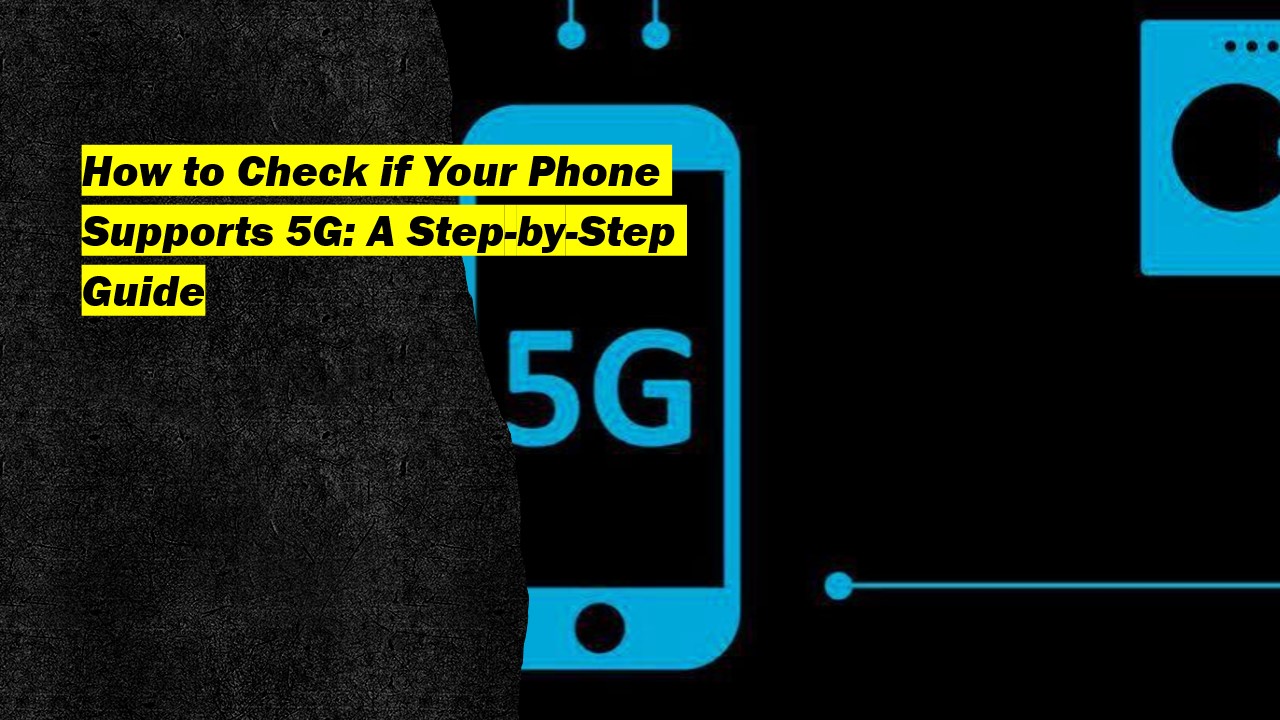2 min to read
5G vs. 4G: Pros and Cons of the Next Generation Network Technology

In recent years, there has been a lot of hype around 5G network technology. This new standard promises faster internet speeds, lower latency, and greater reliability compared to 4G networks. However, like any new technology, there are both pros and cons to consider when it comes to 5G. Let’s take a closer look at some of the advantages and disadvantages of 5G compared to 4G.
Pros of 5G over 4G:
-
Faster Speeds: 5G networks are designed to provide faster download and upload speeds than 4G. In fact, 5G networks can offer up to 100 times faster speeds than 4G, allowing for much faster data transfer rates, reduced buffering times, and more responsive online experiences.
-
Lower Latency: 5G networks have lower latency than 4G networks, which means that data is transmitted more quickly and accurately. This can lead to improved performance in applications like gaming, virtual reality, and other real-time applications.
-
Improved Network Capacity: 5G networks are designed to support more connected devices and provide greater network capacity. This means that more people can connect to the network at once without slowing it down.
-
Greater Reliability: 5G networks are designed to be more reliable than 4G networks, with fewer dropped calls and network outages. This is due to the use of advanced technologies like beamforming and network slicing, which help to ensure that data is delivered to the intended destination.
Cons of 5G over 4G:
-
Limited Coverage: While 5G networks are being rolled out around the world, the coverage is still limited compared to 4G networks. This means that some areas may not have access to 5G, or the network may be spotty or unreliable.
-
Requires New Infrastructure: 5G networks require new infrastructure to be built, which can be costly and time-consuming. This means that it may take some time for 5G networks to be widely available.
-
More Expensive: 5G devices and services are generally more expensive than 4G devices and services. This is due to the cost of building new infrastructure and developing new technologies.
-
Potential Health Concerns: There are concerns about the potential health effects of exposure to 5G radiation. While there is currently no conclusive evidence to suggest that 5G radiation is harmful, some people remain skeptical about the safety of the technology.
Overall, there are many pros and cons to consider when it comes to 5G network technology. While 5G promises faster speeds, lower latency, and greater reliability compared to 4G, it also requires new infrastructure and can be more expensive. Additionally, there are concerns about the potential health effects of exposure to 5G radiation. However, as 5G networks continue to be rolled out around the world, it will be interesting to see how they perform and how they will impact the future of connectivity.




Comments